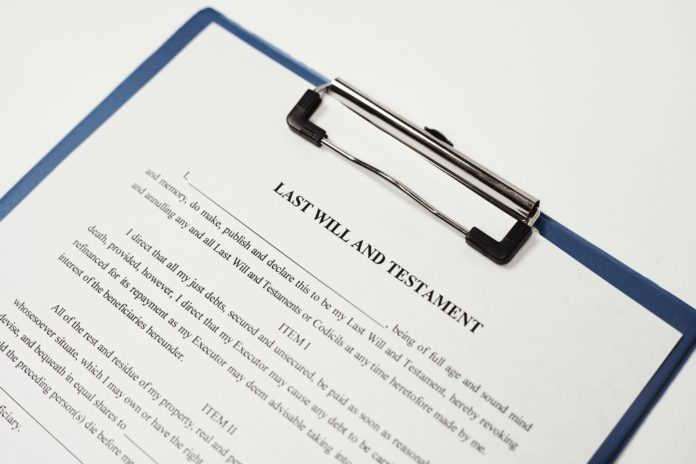Planning for the future is a smart move for any young professional. But while most people recognise the need to include savings, investments and even life insurance in these plans, one of the vital components of effective planning for the future is often overlooked: having a valid will. In fact, according to the Master of the High Court, only around 15% of South Africans who pass away have a will in place.
‘The main reason why wills are often overlooked is that most people believe drawing up their will can wait another day,’ says Tracy Afonso, Nedbank Executive of Private Clients at Nedbank. ‘This is especially true of young professionals as they often allow the vibrancy of their youth and the bustling pace of their professional growth to trick them into overlooking estate planning, or believing they still have endless time to get a will.”
To address the misconceptions and encourage South Africa’s youth to have valid wills drawn up, Afonso explains the top 5 key myths about wills:
Myth 1: ‘I’m too young to have a will.’
The belief that wills are only for older people ignores the unpredictable nature of life. ‘Unfortunately, young professionals are not immune to life’s twists and turns, and a will serves as a safeguard for their assets and expressions of their wishes,’ she says, ‘so creating a will is a proactive approach to protect your interests and ensure your legacy, regardless of your age.’
Myth 2: ‘I don’t need a will because I don’t have enough assets.’
It’s a common misconception that wills are only for those who have substantial wealth. However, nothing could be further from the truth. ‘Your assets, irrespective of how many you own at present, represent the progress you have made through your life journey. They may have substantial value to you, and a will ensures that they are handled according to your wishes,’ she explains.
Myth 3: ‘Creating a will is a long, difficult and expensive process.’
Afonso stresses the fact that the process of creating a will is actually relatively quick and painless. For most people who don’t have complicated estates or very specific or unusual wishes, drafting a will is as simple as visiting your bank or speaking to your financial adviser or lawyer, and let them guide you through the process. Drawing up a will is often free, and Nedbank’s Private Clients can connect you to a financial planner to help you with the process. The peace of mind it brings you is invaluable.
Myth 4: ‘I can just write down my wishes myself and give it to someone to keep for me.’
The myth that you can simply write your wishes down and have them honoured when you pass away is a common misconception. A will is a legal document that must adhere to specific formalities to be valid. ‘Writing your wishes on a piece of paper isn’t the same as drafting a valid will,’ Tracy emphasises, ‘if you do it yourself without following the legal rules, it might not count after you’re gone. It’s far better to get help from someone who knows the law, to make sure your will is done right and will be executed the way you want it to.’
Myth 5: ‘Once I have a will, I don’t need to think about it again.’
Life is not static; so your will shouldn’t be either. As you progress on your journey, you’ll likely achieve many different milestones, from marriage and parenthood to asset acquisitions and career advancements. Because of these life events, you must review your will regularly and update it to ensure that your wishes are in line with your current circumstances. ‘Your will should evolve as your life does. It should state new assets, responsibilities and relationships,’ she points out.
Given the low percentage of South Africans with wills, Afonso calls on the country’s young professionals to educate themselves about the need for a will, the value of this essential document, and to get a professionally drafted will while they’re young and constantly revisit it as and when they move through various life stages. ‘A will isn’t just another legal document that gets filed away to gather dust indefinitely. It is a valuable tool to help you future-proof your assets and interests, take care of the people you love, and enjoy the peace of mind that comes with knowing that your personal and financial affairs will be handled exactly as you wanted,’ she says.












